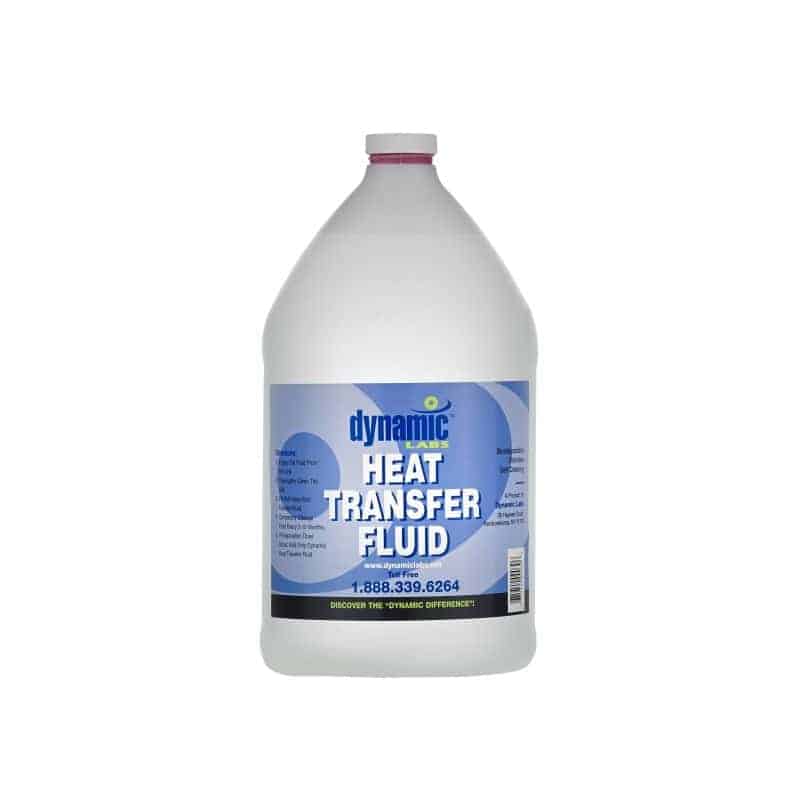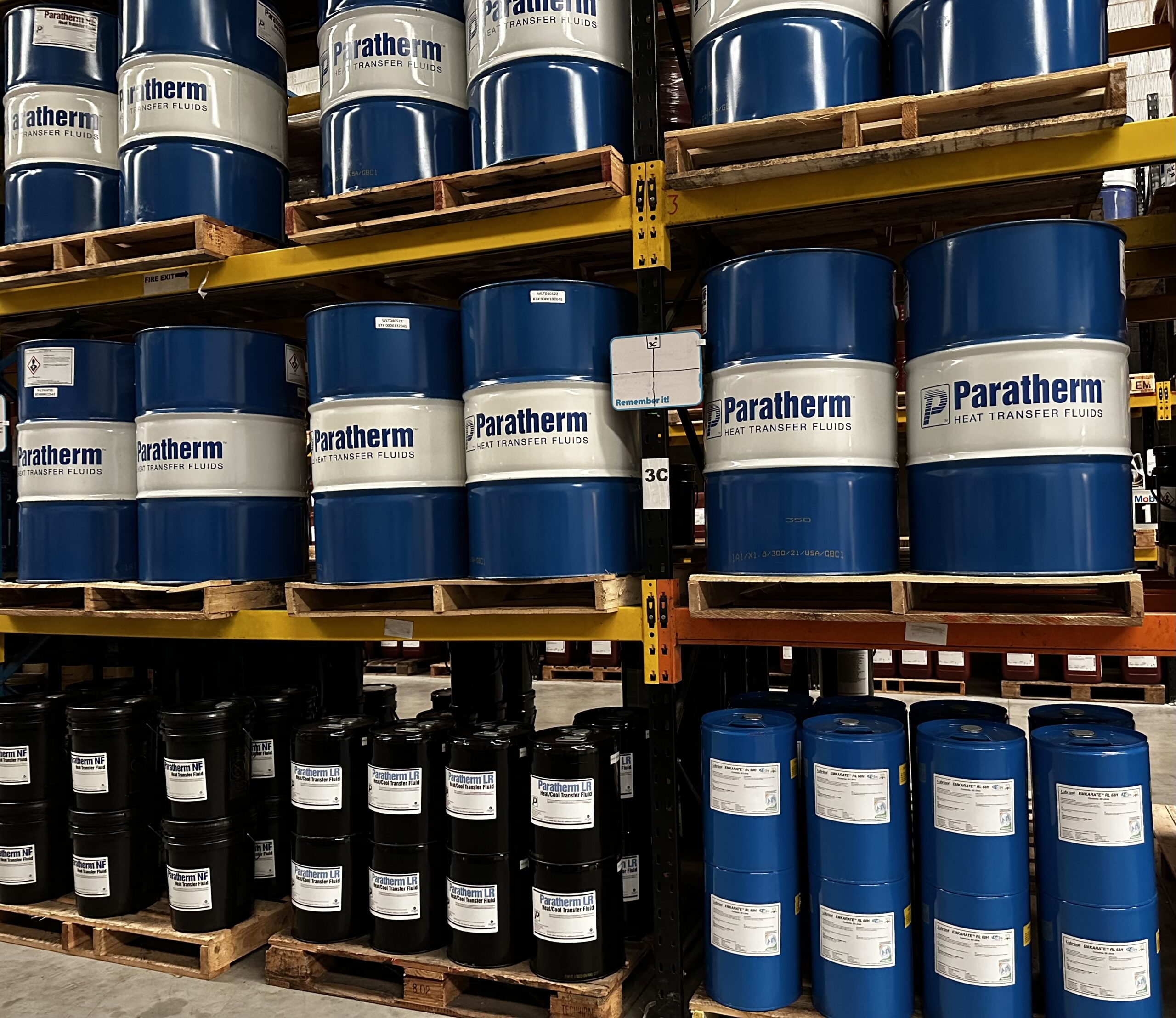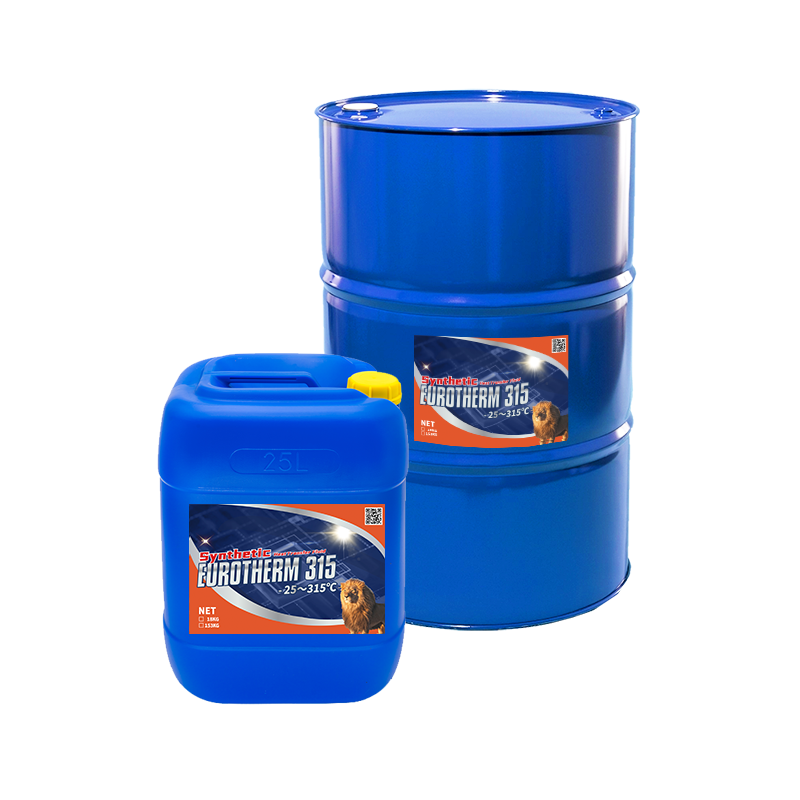Recognizing the Duty of Heat Transfer Fluid in Reliable Power Solutions
Recognizing the Duty of Heat Transfer Fluid in Reliable Power Solutions
Blog Article
Why Heat Transfer Fluid Is Important for Optimizing Power Transfer in Systems
The duty of warmth transfer fluids in maximizing energy transfer is crucial for attaining efficient thermal monitoring across various industrial fields. These liquids assist in seamless warm exchange, ensuring processes operate within optimum temperature varieties and mitigating the risk of overheating. Their option, based upon elements like viscosity and thermal security, directly affects the effectiveness and sustainability of a system. However, the intricacies of selecting the appropriate fluid are frequently undervalued. What are the crucial considerations for this choice, and just how do they impact both economic efficiency and ecological responsibility in commercial applications?

Duty in Thermal Monitoring
Warmth transfer liquids play a critical duty in thermal administration by effectively managing temperatures in various industrial processes and systems. These specialized liquids assist in the transfer of heat in between different elements, guaranteeing optimal operating problems and avoiding getting too hot. By maintaining accurate temperature level control, warmth transfer fluids allow markets such as chemical manufacturing, oil and gas, and power generation to operate safely and successfully.
The choice of a suitable heat transfer liquid depends on several variables, including thermal security, heat capability, and viscosity. High thermal stability guarantees that the fluid can hold up against extreme temperature levels without degrading, while a high heat ability allows it to take in and release significant amounts of heat - heat transfer fluid. Reduced viscosity reduces the power required for pumping, adding to overall system efficiency
Additionally, warm transfer liquids are important in applications like refrigeration, where they aid take in and dissipate warmth throughout the cooling cycle. In solar thermal power systems, these liquids capture and transport solar heat to generate power or give warm water. Their adaptability to varied operating problems and capability to keep consistent thermal efficiency underscore their relevance in commercial thermal administration, promoting operational connection and improving precaution.

Enhancing System Performance
To make the most of the benefits of thermal administration, boosting system efficiency through the critical usage of heat transfer fluids is extremely important. By preserving ideal temperature degrees, heat transfer liquids assist guarantee that systems run within their created parameters, thus preventing overheating and decreasing the risk of component failure.

Sorts Of Warm Transfer Fluids
The variety of heat transfer fluids emphasizes their essential role in a series of industrial applications, each tailored to fulfill certain thermal monitoring requirements. These fluids assist in reliable energy transfer and are picked based upon crucial residential properties such as thermal stability, viscosity, and heat ability. The main kinds consist of water, glycol solutions, oils, and synthetics, each offering unique benefits.
Water is the most usual warmth transfer tool due to its high certain warmth capability and reduced price. Mineral oils are favored for their thermal stability and non-corrosive nature, making them suitable for high-temperature applications.

These More Help liquids make certain exceptional next page efficiency in systems where typical fluids may fail. The choice of a warm transfer liquid is important, as it affects system performance, security, and durability.
Environmental and Economic Advantages
Using the appropriate warmth transfer liquids offers considerable ecological and financial advantages for commercial operations. Ecologically pleasant heat transfer liquids, usually biodegradable and safe, reduce the danger of dirt and water contamination in the occasion of leakages or spills, therefore safeguarding environments and conforming with rigorous environmental regulations.
Financially, the ideal heat transfer liquid can dramatically reduce functional expenses. Liquids with extended lifecycle performance lower the frequency of substitutes and maintenance, lowering downtime and associated costs. On the whole, the tactical use of ideal warm transfer fluids sustains lasting financial growth and environmental stewardship.
Selecting the Right Fluid
Just how does one browse the complex procedure of choosing the ideal heat transfer liquid for commercial applications? Thermal stability ensures the fluid can withstand high temperatures without breaking down, while compatibility avoids corrosion or various other detrimental reactions with system parts.
Furthermore, the liquid's warmth capability and thickness Visit Your URL are paramount. A high heat ability allows the fluid to absorb and transfer even more energy, improving efficiency.
Final Thought
The calculated option and application of warm transfer fluids are basic to maximizing power transfer throughout different systems. By ensuring high thermal security and capacity, these fluids give exact temperature control and boost overall system performance.
Report this page